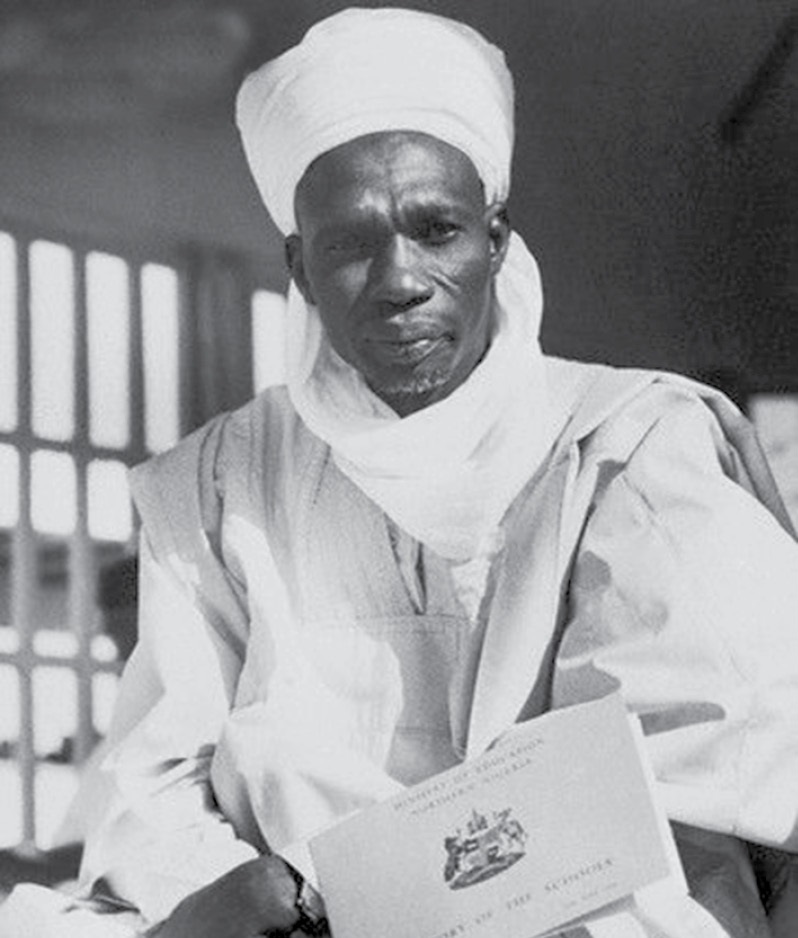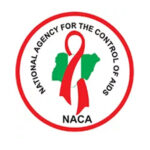Sixty years ago, Nigerians were hopeful of a new dawn as the country attained independence, shaking off the hold of the British colonial masters.
Six decades down, as Nigeria celebrates its Golden Jubilee, Daily Trust takes a look at how the country has fared.
In this special package, our reporters assessed some of the critical sectors of the country.
Also, experts and eminent personalities, some of whom witnessed the handing over of the Instrument of Independence to the founding fathers , were interviewed.
Founding fathers of the country on this day, October 1, 1960, assembled at the Race Course, Lagos (now known as Tafawa Balewa Square) to receive the Instrument of Independence, also known as Freedom Charter from the British colonial masters.
The presentation of the charter by Princess Alexandra of Kent, the Queen’s representative to the founding fathers, ended the British rule in the country.
At the ceremony, Sir Abubakar Tafawa Balewa, the late prime minister, according to reports, encapsulated the mood of the country when he told the gathering that; “this is a wonderful day, and it is all the more wonderful because we have awaited it with increasing impatience, compelled to watch one country after another overtaking us on the road when we had so nearly reached our goal.
“But now we have acquired our rightful status, and I feel sure that history will show that the building of our nation proceeded at the wisest pace: it has been thorough, and Nigeria now stands well- built upon firm foundations.
“Today’s ceremony marks the culmination of a process which began fifteen years ago and has now reached a happy and successful conclusion.”
Three years into the independence, October 1963, the country was proclaimed as the Federal Republic of Nigeria, and former Governor-General Nnamdi Azikiwe became the country’s first president.
However, on 15 January, 1966, a group of army officers (the Young Majors) overthrew the government and assassinated the prime minister and the premiers of the northern and western region.
The emergence of General Johnson Aguiyi-Ironsi, as the Head of State raised tension in the country, thus another coup was staged in July 1966.
The coup ushered in the reign of Major General Yakubu Gowon whose tenure witnessed the country’s civil war.
As the country was recovering from the civil war, Gowon’s regime was terminated on July 29, 1975, via a bloodless coup staged by General Murtala Mohammed and a group of officers.
The killing of General Murtala Muhammed on February 13,1976, in an abortive coup, ushered in the reign of General Olusegun Obasanjo. Obasanjo’s regime which lasted until 1979 when he conducted election and handed over to late President Shehu Shagari.
Shagari was months into his second term when the military struck on December 31, 1983. He died on December 28, 2018.
The toppling of Shagari’s administration, led to the installation of Major General Muhammadu Buhari as Head of State, who held sway until another military coup d’état in 1985, led by General Ibrahim Babangida.
It was during Babangida’s regime in 1991 that the country’s capital was moved from Lagos to Abuja.
The idea to relocate the country’s seat of power to Abuja was conceptualised during General Murtala Muhammed’s regime.
Babangida stepped aside in August 1993, after failing to handover to the acclaimed winner of the June 12,1993, presidential election, Chief MKO Abiola.
He named Chief Ernest Shonekan as head of the Interim National Government (ING).
Between August 26 and November 17, 1993, Chief Shonekan was in charge, the shortest reign in the country’s history. Shonekan was sacked by General Sani Abacha who held sway until his death on June 8, 1998.
Abacha’s death gave birth to the regime of General Abdulsalami Abubakar who handed over the country’s affairs to General Olusegun Obasanjo on May 29, 1999, ending the military reign in the country.
Obasanjo had won the 1999 presidential election.
Of the country’s 60 years independence, the military ruled for 29 years, while the civilians were in charge for 31 years. Since 1999, the country had been under civil rule.
Two of the four persons that have so far governed the country are retired military officers including the incumbent President Muhammadu Buhari (2015 to date). Retired General Olusegun Obasanjo was in charge for eight years (1999 to 2007).
Obasanjo’s successor, President Umaru Musa Yar’Adua, only reigned for three years as he died on May 5, 2010, after a protracted illness.
His deputy, Goodluck Ebele Jonathan took over and reigned for five years.
Jonathan lost his second term bid when he was trounced at the 2015 presidential election by the incumbent President Muhammadu Buhari.
At the build up to the 2015 general elections, tension was high in the country.
The National Peace Committee (NPC), headed by retired General Abdulsalmi Abubakar played key role in dousing the tension.
Six decades after the country’s independence, religious intolerance, sectionalism, corruption, election rigging, among others, still permeate the country.
- Nigeria not on right path – Bako, Itodo
A political strategist and communication consultant, Dr. Abbati Bako, said the country was not on the right path of development.
Reflecting on the 60th independence anniversary, Bako said, “When we talk about political scene, fundamentally, economic and social issues must come in.
“Political governance is about economic and social interplay between citizens in a nation.
“ The country was amalgamated in 1914 with about 30 million population and the country’s first budget was about £42,000.
“Nigeria was supposed to have the opportunity to grow as a standard nation between 1960 to the year 2000 but unfortunately the opportunity was missed due to civil war, five successful coup d’etat and several coup attempts in between those years.
“Nigeria was supposed to be among the 30 global economic emerging nations like China, India, Malaysia, Brazil, Mexico, S/Arabia and UAE.
“But the above -mentioned reasons the wasted 40 years have been the root cause of under development of this resourceful nation.
According to him, corruption, regional, tribal, religious differences were the additional points that hampered Nigeria’s development.
“Conclusively, in my candid view Nigeria is yet to be on the right path of development considering the huge development achieved by countries like China within 40 years from economic growth to standard economy from seven million graduates in 1978 to 300 million in 2018 with over 6500 universities in which 600 were converted into Polytechnics for rapid technological development.
“But in Nigeria, we have only 174 universities of which experts assert that we offered substandard and poor education.
“So, where is the development in Nigeria in 60 years independence? China, India, Brazil are amongst top ten global economic nations.
“Unfortunately Nigeria is (still) amongst top 100 poorer nations according to UN Human Development Index 2018,” he said.
On his part, the Executive Director YIAGA Africa, Samson Itodo, said that after a century of existence (1914-2014), and 60 years of political independence (1960-2020) Nigeria, is still beset with a host of unsettling issues and questions which many times disarticulate national harmony and threaten the very existence of Nigeria even as the giant of Africa.
He said that despite oscillating between military and democratic regimes, Nigeria still grapples with insecurity, infrastructure decay, pilfering of public funds and increasing tension in the polity, exacerbated by mounting unemployment and poverty across the country.
According to Itodo, who is also a lawyer, Nigerians and indeed the rest of the world had expected that institutionalizing democracy would automatically transcend into sustainable development and eliminate or reduce to the barest minimum, the scourge of armed conflicts, poverty, instability and strife, among others that have become the bane of the country.
“Sadly, though, democracy has not delivered the much need development as Nigeria has retrogressed in nearly all indices of development such as poverty, illiteracy, unemployment, etc.
“In fact, as the most populous country in the continent and indeed one of the richest in terms of natural endowment, Nigeria has been rightly described as being too rich to be poor, but practically too poor to be rich, given the fact that a large chunk of the population lives below the poverty line.
“While the Nigerian narrative may be unedifying, it is gratifying to note though, that it is not all woes and gloom; there are indeed oasis of excellence in the country and abundance of Nigerians both within and outside the shores of the country who have demonstrated exceptional leadership in various aspect of human endeavour and are equally passionate about the Nigeria.
“The political alternation of power in 2015 from one political party (PDP) to another (APC) is seen as a great milestone in the country’s democratic journey. The fact that the country is still together despite experience one civil war is remarkable,” Itodo said.




